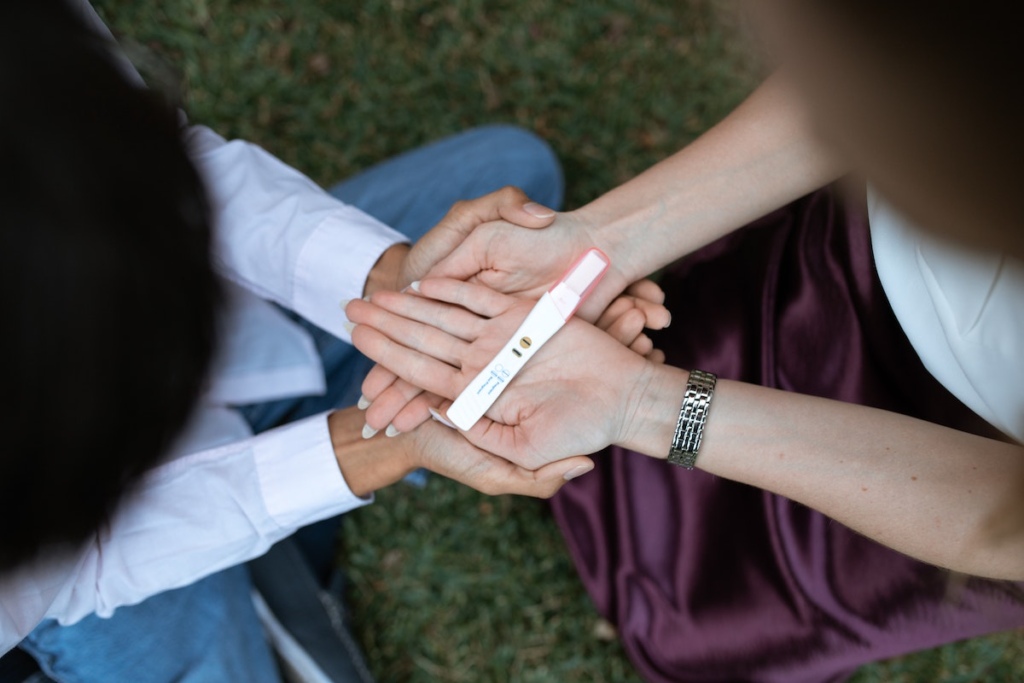
Infertility, once shrouded in silence and stigma, has become a subject of open discussion and understanding thanks to a gradual shift in public perspectives over the past couple of years. World IVF Day on July 25th is an opportunity to explore how IVF has contributed to breaking taboos surrounding infertility and reshaped societal attitudes towards assisted reproductive technologies. So today in honor of this special day that marks the birth of Louise Brown, the first human ever born through IVF , let’s delve into the transformative impact of IVF on attitudes, conversations, and perceptions around infertility.
Embracing Open Conversations
The rise of IVF has played a pivotal role in fostering open conversations about infertility. As more individuals and couples turn to assisted reproductive technologies like IVF, the once-hushed topic is slowly, but surely becoming a mainstream discussion. Celebrities and public figures sharing their IVF journeys have contributed to breaking down barriers, demonstrating that seeking help for infertility is not a taboo but a courageous step towards fulfilling the dream of parenthood.
Challenging Traditional Norms
The traditional notions of family-building have been evolving over the years, and IVF has been at the forefront of this change. As IVF allows same-sex couples and single parents to conceive and start families, it challenges the traditional concept of a nuclear family. The acceptance and celebration of diverse family structures are gradually becoming the new norm, fostering a more inclusive and compassionate society.
Empowering Women’s Choices
IVF has empowered women by providing them with greater control over their reproductive choices. Women facing medical conditions that affect their fertility can now preserve their eggs, ensuring they have the option to become mothers in the future should they want to.
Redefining Parenthood
IVF has redefined the notion of parenthood, emphasizing that biological ties are not the sole determinant of parent-child relationships. The concept of “genetic parenthood” has given way to the understanding that love, care, and emotional support are the cornerstones of being a parent, irrespective of genetic connection. As a result, adoption and surrogacy have also gained greater acceptance as valid paths to parenthood.
Support Networks and Advocacy
The IVF community has become a strong support network for individuals and couples navigating their infertility journeys. Online forums, support groups, and advocacy organizations have emerged to provide guidance, share experiences, and advocate for greater awareness and understanding of infertility-related issues. These communities serve as safe spaces for individuals to express their feelings and challenges openly and receive support.
Breaking Cultural and Religious Barriers
IVF has been instrumental in challenging cultural and religious barriers surrounding infertility treatments. In societies where procreation is deeply ingrained in cultural norms, IVF has initiated conversations about the emotional toll of infertility and the importance of empathy and compassion. These conversations will hopefully continue and evolve leading to more compassion toward individuals facing fertility challenges.
World IVF Day 2023
World IVF Day serves as a reminder of the transformative power of In Vitro Fertilization breaking taboos, and shifting societal perspectives. I believe that IVF has profoundly contributed to more open discussions about infertility, challenged traditional norms, and empowered individuals and couples to embrace diverse paths to parenthood.
So as we celebrate this day today, let us continue to support those on their IVF journeys (no matter how short or long they may be), break down remaining taboos, and work towards a society where every individual is empowered and supported to pursue their dreams of building a family (should they want to), regardless of the path they choose.



